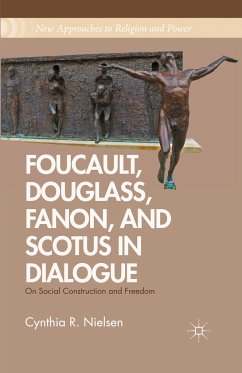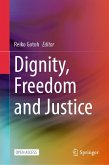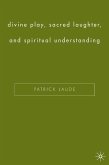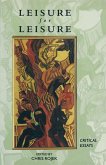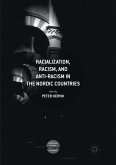Nielsen offers a dialogue with Foucault, Frederick Douglass, Frantz Fanon and the Augustinian-Franciscan tradition, investigating the relation between social construction and freedom and proposing an historically friendly, ethically sensitive, and religico-philosophical model for human being and existence in a shared pluralistic world.
"Nielsen's work is well written, thought provoking, and an asset to the field. I highly recommend this read for those interested in interdisciplinary studies of four dynamic philosophical thinkers. Nielsen's subtle yet bold analysis manages to make four unlikely conversations and partners likely. Unlikely, because these four men's life experiences range within different historical time periods: from the medieval to the nineteenth to the twentieth century. Nielsen places these men in the same time and space, offering us vibrant and lifegiving ways of seeing: we see within a multitude of converging and dissenting forms of thought a 'fusion of horizons' opening us to possibilities for envisioning healthy dialogue and reflection. In some cases, we also begin to see these four men and what they stood for in ways not previously recognized. For me, Nielsen's analysis of Douglass and Fanon strengthened and humanized Foucault, and made Scotus relevant in the twenty-first century." - Dr. Renee K. Harrison's, Assistant Professor, African American and US Religious History, Howard University, Black Theology 12.2
"Nielsen's synthetic work in Foucault, Douglass, Fanon, and Scotus in Dialogue is of great value as an example of how philosophers can construct liberating and emancipatory theories by harmonizing the ideas of the many great thinkers within the philosophical canon. Too often we find ourselves mired in combative work, hunting for the weaknesses in the arguments of ourphilosophical adversaries. Nielsen's approach reminds us that ideas can be blended into beautiful configurations, in the same way that blending colors on a painter's palette can yield all of the hues required to reflect the way we see the world." - Joshua B. Cutts, doctoral student of philosophy, Temple University, USA, Foucault Studies, No. 19
"Nielsen's synthetic work in Foucault, Douglass, Fanon, and Scotus in Dialogue is of great value as an example of how philosophers can construct liberating and emancipatory theories by harmonizing the ideas of the many great thinkers within the philosophical canon. Too often we find ourselves mired in combative work, hunting for the weaknesses in the arguments of ourphilosophical adversaries. Nielsen's approach reminds us that ideas can be blended into beautiful configurations, in the same way that blending colors on a painter's palette can yield all of the hues required to reflect the way we see the world." - Joshua B. Cutts, doctoral student of philosophy, Temple University, USA, Foucault Studies, No. 19

